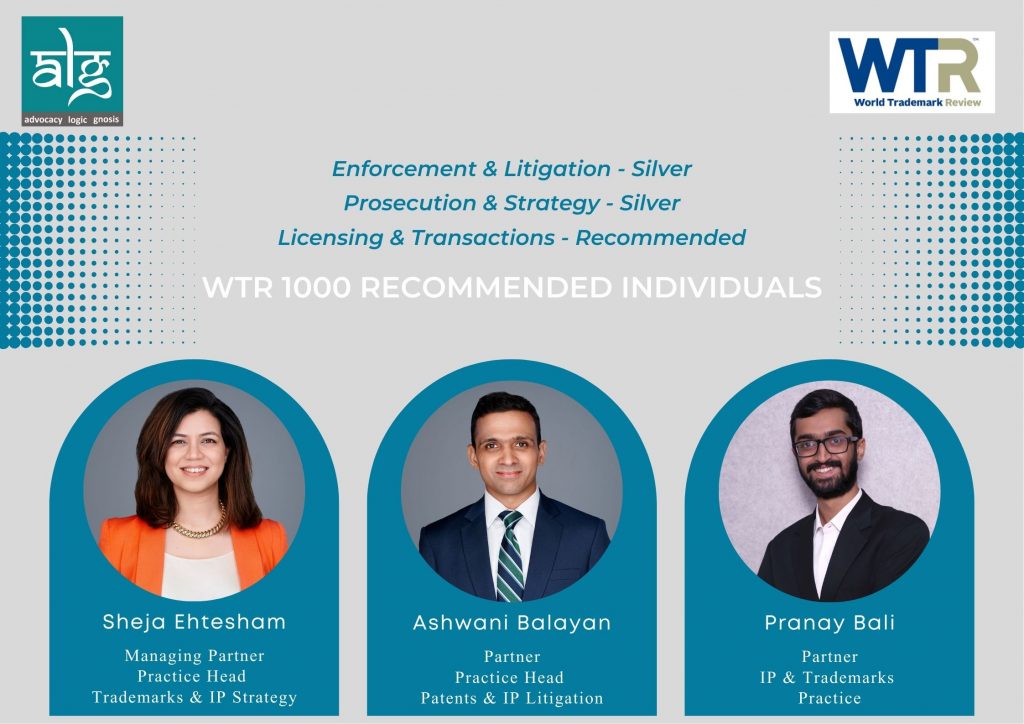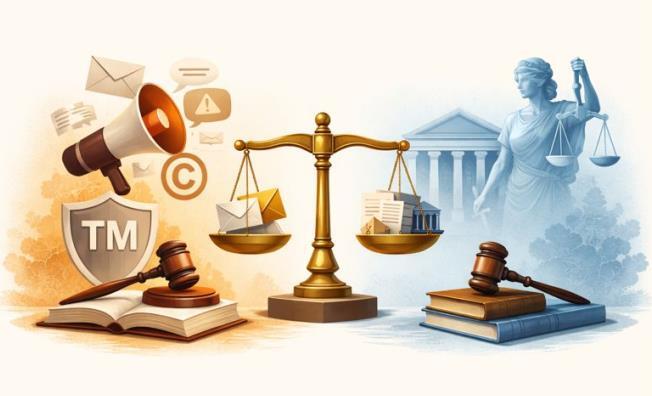A ‘Special Legal Issues Seminar – General IP’ (SLIS-GIP) was conducted by Bhavya and Manish Kumar, Associates, examining the Delhi High Court’s far-reaching directions in Dabur India Limited v. Ashok Kumar & Ors. on domain name misuse, intermediary liability, and systemic reform in India’s digital ecosystem. The discussion focused on the Court’s findings and directions regarding systemic deficiencies in the functioning of Domain Name Registrars (DNRs) including default privacy masking, absence of robust identity verification, and the “whack-a-mole” phenomenon of repeat infringing domain registrations.
The seminar further explored the broader constitutional and policy implications of the ruling, including proportionality under privacy jurisprudence, the three-fold test for disclosure of personal information, and concerns regarding the shift from adjudication to regulation through judicial directions. The session concluded by reflecting on the judgment as a watershed moment in India’s digital enforcement landscape strengthening trademark protection and consumer trust, while simultaneously raising important questions on intermediary governance, privacy safeguards, and the evolving role of courts in regulating digital infrastructure.
The Presentation can be accessed here.




